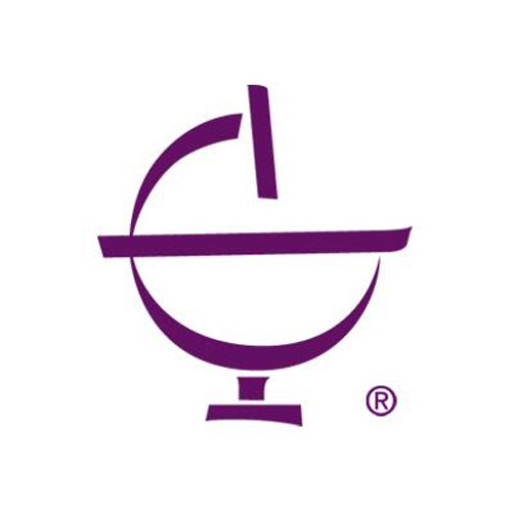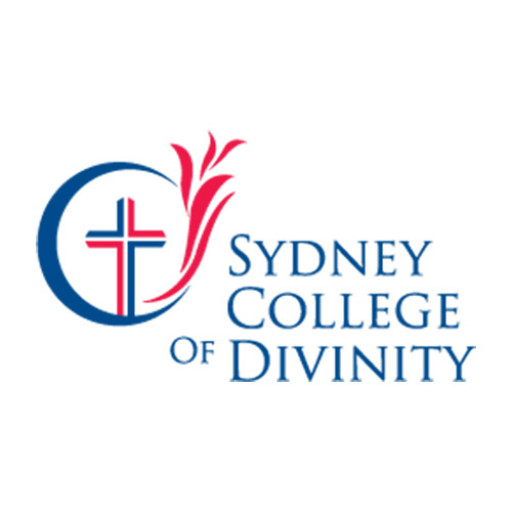The Aboriginal and Torres Strait Islander Cultural Arts program at Kangan Institute offers students a unique opportunity to explore, develop, and showcase Indigenous artistic traditions and contemporary practices. This comprehensive course is designed to provide participants with in-depth knowledge of Indigenous cultures, histories, and artistic expressions, fostering a deep appreciation and understanding of Aboriginal and Torres Strait Islander heritage. Throughout the program, students engage with a diverse range of visual arts, including painting, sculpture, printmaking, and new media, alongside traditional craft techniques such as weaving, bark painting, and fibre arts. The curriculum emphasizes hands-on learning, cultural significance, and ethical practices, ensuring students respect and accurately represent Indigenous cultural material.
Participants will have access to expert educators and Indigenous artists who serve as mentors and collaborators, helping them build technical skills while gaining insight into the cultural contexts of their work. The program also includes opportunities for students to participate in community projects, exhibitions, and cultural events, fostering meaningful connections with Indigenous communities and industry professionals. By combining practical artistic skills with cultural knowledge, the course aims to empower students to contribute to the preservation, celebration, and innovation of Indigenous arts. Graduates of this program are well-equipped to pursue careers in Indigenous arts management, cultural consultancy, visual arts practice, education, and community engagement. Kangan Institute's Aboriginal and Torres Strait Islander Cultural Arts program is committed to promoting cultural sustainability while providing a supportive, inclusive environment where Indigenous and non-Indigenous students can learn and grow together.
The Aboriginal and Torres Strait Islander Cultural Arts program at Kangan Institute offers students a comprehensive foundation in the rich traditions and contemporary practices of Indigenous Australian art. Designed to provide both theoretical knowledge and practical skills, this program explores a diverse range of cultural arts, including visual arts, craft, painting, sculpture, and storytelling techniques rooted in Aboriginal and Torres Strait Islander customs. Throughout the course, students will engage with traditional storytelling methods, learn about indigenous symbolism and design, and develop their own artistic voice inspired by their cultural heritage. The program emphasizes the importance of cultural protocols, history, and significance of Indigenous arts within the broader context of Australian culture. Students will have opportunities to participate in community projects, exhibitions, and collaborative works that showcase their abilities and deepen their understanding of Indigenous perspectives. The curriculum includes modules on art history, cultural knowledge, and art practice, ensuring graduates are equipped with both creative skills and cultural awareness. Additionally, students will gain experience working with various art materials and techniques, fostering innovation while respecting cultural traditions. The program also aims to prepare students for employment and further study in areas such as Indigenous arts organizations, galleries, cultural centers, and community initiatives. By the end of the program, students will have a solid portfolio of work reflecting their artistic growth and understanding of Indigenous cultural arts. This program is ideal for individuals passionate about exploring and preserving Indigenous Australian culture through art, or those wishing to pursue a career in the creative industries with a focus on Indigenous community engagement.
Program requirements for Aboriginal and Torres Strait Islander Cultural Arts at Kangan Institute typically include a combination of prerequisite skills, application procedures, and competency prerequisites. Applicants are generally expected to demonstrate a genuine interest in Aboriginal and Torres Strait Islander cultures, arts practices, and community engagement. Prior experience or a portfolio showcasing artistic work might be beneficial but is not always mandatory, depending on the entry pathway.
Candidates are usually required to submit an application form, along with any evidence of prior learning or artistic practice if available. Selection may involve an interview process to assess the applicant's motivation, understanding of cultural contexts, and commitment to cultural arts. Language proficiency requirements are usually aligned with English language standards to ensure effective participation in coursework and community communication.
Some programs may have specific entry requirements related to residency or contact with Aboriginal or Torres Strait Islander communities to ensure cultural relevance and appropriateness. Additionally, applicants might be asked to provide references or testimonials from arts practitioners or community members, supporting their capacity to undertake the program.
Students should be prepared to engage in practical workshops, cultural protocols, and community-based projects as part of the curriculum. As the program involves sensitive cultural material, students are typically required to respect confidentiality and cultural safety guidelines.
Enrolment in the program also assumes that students will participate in supervised training sessions, undertake assessments demonstrating their creativity and technical skills, and possibly complete a capstone project or exhibition that reflects their learning and cultural understanding.
In summary, program requirements encompass academic applications, cultural competence, community engagement, and a demonstrated interest in Aboriginal and Torres Strait Islander artistic practices, with practical assessments designed to prepare graduates for careers or further studies within the cultural arts sector.
The Aboriginal and Torres Strait Islander Cultural Arts program at Kangan Institute, TAFE VIC, offers various financing options to support eligible students in their educational pursuits. Students can access government-subsidized funding programs such as the Victorian Skills First government funding, which significantly reduces the cost of tuition for eligible learners. To qualify for this subsidized training, students must meet specific criteria, including Australian residency status and participation in approved courses. Additionally, the program may be eligible for fee exemptions or concessions for students who meet certain conditions, such as Indigenous status or financial hardship.
Apart from government funding, students can explore alternative financial assistance options, including scholarships and grants specifically targeted at Indigenous students or those pursuing cultural arts. Kangan Institute provides guidance on scholarship applications and may assist students in securing additional financial support to cover course fees, materials, or related expenses. For students not eligible for government subsidies, the program offers flexible payment options that enable them to pay course fees in installments. These options help alleviate immediate financial burdens, making it easier for students to enroll and complete their studies without undue hardship.
Moreover, employers or community organizations may sometimes sponsor students or provide funding as part of broader cultural programs or initiatives aimed at preserving and promoting Indigenous arts. Students are encouraged to consult with the Kangan Institute's student services or financial aid advisors to understand available funding opportunities and determine their eligibility. In cases where individual financial circumstances pose a barrier, the Institute may work with students to develop personalized payment plans. Overall, the program's financing options are designed to facilitate access to Indigenous cultural arts education by providing financial support tailored to diverse student needs.
The Aboriginal and Torres Strait Islander Cultural Arts program offered by Kangan Institute, TAFE VIC, is designed to provide students with a comprehensive understanding of Indigenous cultural practices, arts, and crafts. This program aims to promote cultural awareness and preserve the rich traditions of Aboriginal and Torres Strait Islander peoples through practical and theoretical learning. Students engaged in this course have the opportunity to develop their skills in traditional arts such as painting, weaving, sculpture, and storytelling, while also gaining insight into the cultural significance and historical context of these practices. The curriculum emphasizes respect for Indigenous cultures and encourages students to explore contemporary expressions of traditional arts, fostering innovation within cultural boundaries. Throughout the program, students are often involved in hands-on projects and community engagement activities, which help to connect them directly with Indigenous communities and understand the importance of cultural exchange and preservation. The program is suitable for those interested in cultural heritage, arts education, and community development sectors. It supports career pathways in arts administration, cultural consultancy, arts therapy, or further artistic practice. The course may also include practical placements or collaborations with Indigenous artists and organizations, offering real-world experience and networking opportunities. By completing this program, students gain not only technical skills but also cultural competence, critical for working respectfully and effectively in Indigenous art contexts. The program reflects the institute’s commitment to supporting Indigenous Australians through education and capacity-building initiatives. It is ideal for individuals seeking to deepen their understanding of Aboriginal and Torres Strait Islander art forms and contribute to their ongoing cultural legacy through creative practice.









